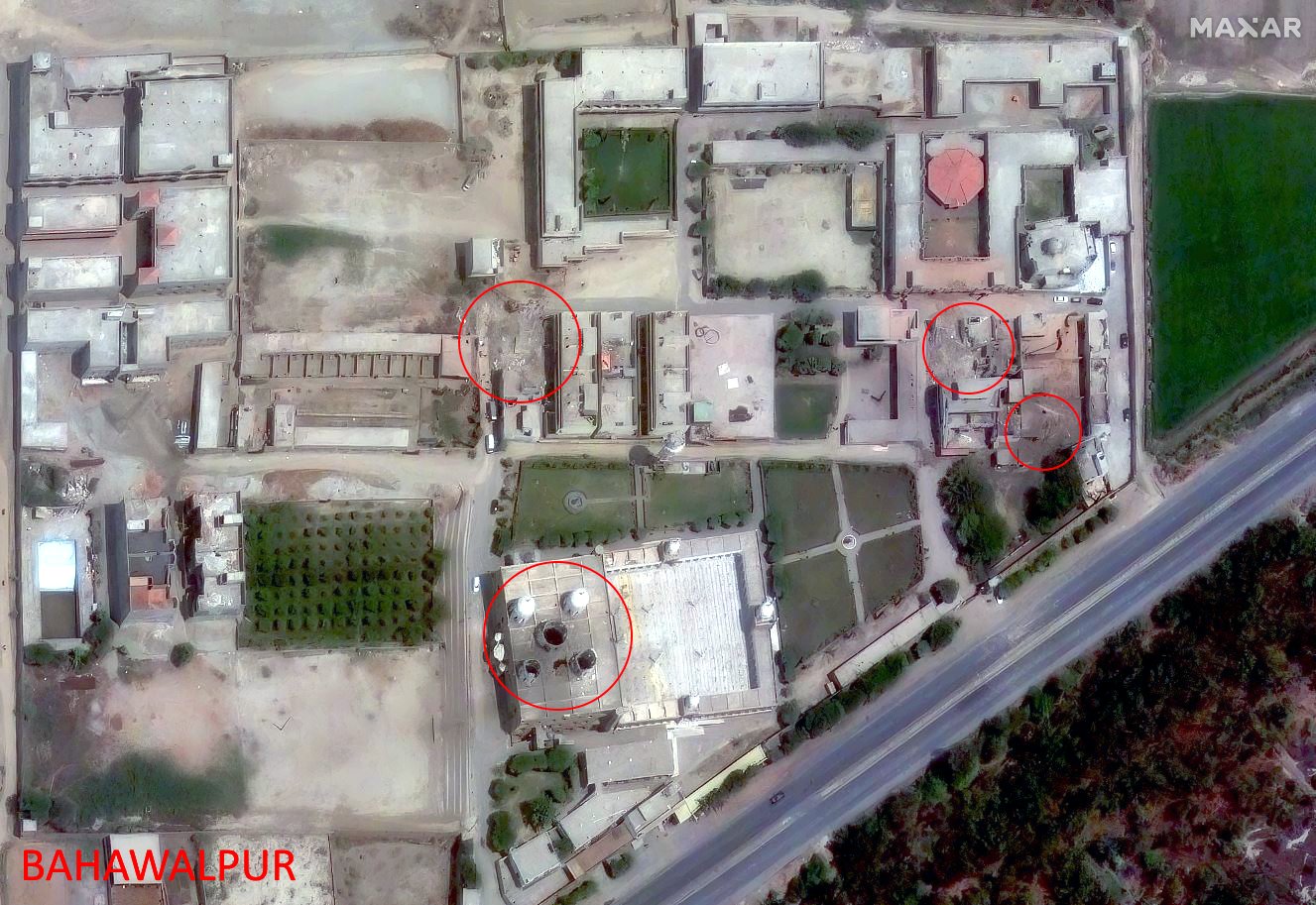Dear Express Reader It is a day before Diwali, when we celebrate friendship and light, optimism and hope. When, no matter where we are, we are all Banarasi. As the Sunday Express Magazine story “We Are All Banarasi” describes today, Diwali is special, most of all, in the city by the Ganga. Here, the rhythms of daily life are made mellow, not morbid, by the mindfulness of death, and a constant sense of the past leavens the present, instead of burdening it. “Humhu Banarasi, tumhu Banarasi (I’m a Banarasi, you are a Banarasi)”, they say in that city. That old saying rings more true on Diwali, as the ghats of Banaras shimmer in the light of lakhs of diyas and hold out an open invitation. In Delhi, this week, the Supreme Court also seemed to be saying “Happy Diwali”. On Friday, in interim directions, it asked the police chiefs of Delhi, Uttar Pradesh and Uttarakhand to take “immediate” suo motu action against hate speech by lodging criminal cases without waiting for formal complaints. The apex court warned of contempt action over failure to act against speech that incites hatred or provokes violence. Of course, the problem that was on show in vile and venomous outpourings at public events in Delhi, UP, and Uttarakhand most recently, or when a BJP MP called for a “total boycott” of a community, will not be resolved by judicial diktat, howsoever well-meaning. The problem is political and until there is political encouragement of hate speech, or incentives for it, tightening the legal screws can have only a limited effect. In fact, it could also be counter-productive. In times of polarisation, it could feed the sense of victimhood of the majority community. Moreover, in a country without settled conventions on free speech, Sections 153A, 153B, 295A and 505 of the IPC, which deal with speech that promotes enmity on grounds of religion, can become a weapon, instead of being a protection. These sections can be misused by the state — they have been misused by it already — to cramp and curb the citizens’ fundamental freedom of expression. And yet, the SC’s anguish on hate speech will resonate in hopeful ways. It may not curtail hate speech, but it sends out a valuable institutional signal. Basically, the court is breaking a silence and expressing outrage on something toxic that was becoming disturbingly routinised. Its intervention is welcome, and it matters. It matters, too, that India’s main party of the Opposition will celebrate Diwali, after more than two decades, with an elected non-Gandhi as its president. The Congress presidential election result came in on Wednesday and we wrote in our editorial that Mallikarjun Kharge, widely seen as the establishment candidate, could carve out his own role. “This result, unsurprising and foretold, could be the end of that story. Or not. It could also be a new opening line for a flailing party.” Congress’s crises are several and deep, but the presidential contest could create new facts on the ground. “The fact of the contest indicates a tentative break from a dismal status quo. After all, it has been Congress tradition to privilege a ‘consensus’ that allows it to remain unmoved by its own crises. While he may not articulate the need for change as eloquently as the defeated Tharoor who wrote out a manifesto for this election, Kharge — a veteran of several elections, who brings to his job a hard-won sense of ground-level politics and, as a Dalit leader, an arc that is arduous and inspiring -- must know that it cannot be Congress politics as usual”, our editorial said. I cannot sign off this newsletter without mentioning those for whom it will be a dark Diwali, families whose stories of loss and pain were brought to light by this paper’s reporting last week. The Indian Express reported on the families of migrant workers from India who went to Qatar to work on projects or in jobs linked to the football World Cup, now a month away, and never came back. They had a common complaint: No compensation by the employers, who even refused to acknowledge the deaths. A day after this paper carried the story, governments at the Centre and in Telangana stepped in to help with jobs and compensation for the kin of the Qatar dead. The governments’ response was affirmation of the power of the story. And one more reason, perhaps, to light a lamp this Diwali. Till next week, Vandita | 
No comments:
Post a Comment